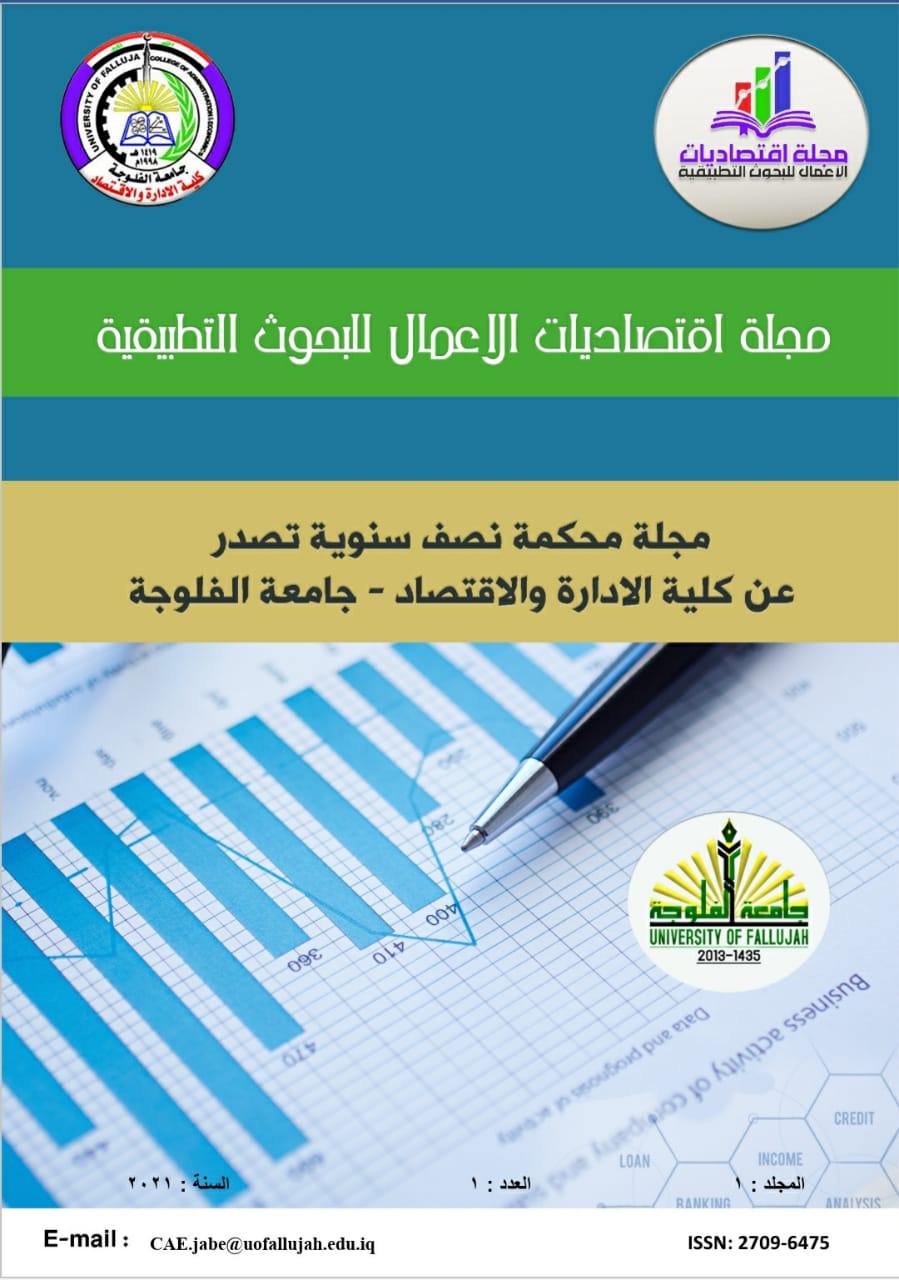The reality of organizational learning and its impact on achieving organizational distinction: exploratory study of a sample of managers in educational organizations-Kirkuk University as a model
DOI:
https://doi.org/10.37940/10.37940\BEJAR.2025.1.1Abstract
In the contemporary business environment, many new concepts have emerged among academic researchers and practitioners in the field of organizations. Perhaps organizational learning was one of the most important concepts that received increasing attention in the last two decades of the last century and the beginning of the current century, especially after the impressive success achieved by many organizations after adopting the organizational learning approach as a process of interaction, extrapolation, exploration and continuous confrontation with environmental challenges, which enables the organization to create Solutions and choosing alternatives that achieve continuous improvement or radical change of their behavior to ensure their survival and competitive advantage, as these concerns coincided with the radical transformations that the world witnessed towards the age of knowledge and information that focuses on investing intellectual assets and tacit knowledge and how to benefit from them and transform them into work contexts and models of behavior that support and modernize discrimination Organizational identifying on an ongoing basis through the process of organizational learning. In line with these transformations, the competitiveness precedence retreated according to the logic of cost and efficiency economics and the achievement of discrimination in front of the new logic of competition represented by possessing the strategic ability to excel and excel and maximizing the value of the customer and stakeholders, which made the view of organizational success shifting from mere financial return or market share targeted to own The strategic capacity of the knowledge that achieves the organization's sustainable competitive advantage, especially through its management of its human and knowledge resources in a way that is difficult for competitors to emulate. These challenges require business organizations to abandon the traditional frameworks and models and to adopt and activate the process of organizational learning as, according to most researchers, the most important source of competitive advantage. If many productive and service organizations in developed countries realize this fact and have achieved high levels of learning to enhance the chances of success, then where are the Iraqi organizations in this, especially since such new concepts are still limited in the cultural vocabulary of these organizations despite their possession of a lot of knowledge and learning applications and They were in unintended ways and methods as learning strategie The research followed the descriptive and analytical approach by designing a questionnaire form prepared for this purpose, and distributed to the research sample (40) of administrative leaders at the University of Kirkuk, and using the statistical program (SPSS 19) in data analysis. The research reached a set of conclusions, the most important of which were: that there is a strong and moral correlation between the organizational learning variables and the organizational discrimination variable, and these results coincide with the hypotheses, and the research presented a set of proposals, including the necessity of defining the university administration's goals of organized learning accurately and its future directions in a way that contributes to achieving organizational distinction to her.



